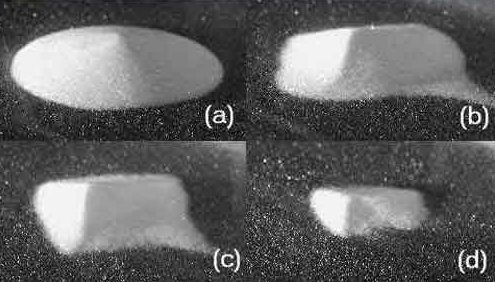The heap
An ancient philosophical dilemma. How many grains of sand are there in a heap?
From wikipedia: The paradox of the heap (Sorites paradox) is an example of the paradox which arises when one considers a heap of sand, from which grains are individually removed. Is it still a heap when only one grain remains?
My solution is this. A heap of sand is a thing. A heap of sand is a concept. We are able to use the word to describe it, are able to use arguments and justifications in borderline cases. Each heap of sand is also a number of sand particles. The number of sand particles in heaps as opposed to piles or mounds is based on counting the sand in piles we decide are heaps. The edges of the definition are ambiguous, the existence of heaps of sand is not. Under certain conditions we might be happy to set a number, in others to take survey results, in another become totally confused and be unable to decide.
The argument is that we live our lives in a world both material and conceptual. This duality means facts about the world are fundamentally ambiguous. The material facts about sand can’t tell you how many grains are in a heap. The grammar of the word heap cannot tell you the chemistry of sand.
But the concept does not exist in the material world – we stand towards the world as if it is conceptually organized, there is no space for thought, for conscious interpretation. Any yet we share the concepts. They are communal. They are not my creation, but ours.
There are two basic epistemologies – the foundational of reductive science, and the contextual, of expansive conceptual life.
Scientific truth is ambiguous. The thing is matter organised conceptually, not either just matter or just concept. The boundaries of the heap are not consciously decided by us, the decision is made in the way we use the concept – the way we talk about heaps in different contexts. But it is still the thing there, the grains piled up. With both physics and gramatical certainty as its basis.
In the world there is such overlap between matter and concept that we become confused about how we are able to talk. We fear ambiguity lets in mystery, that it throws things somehow up in the air, but in reality an enmeshed and interweaved ambiguity is everywhere in our lives. That something is ambiguous does not mean that it is nothing (although it is nothing useful for science).
With the certainty of science glaring down at us, we are tempted to say there is no heap, the heap is just in our minds. That is the start of all this bother.

4 comments